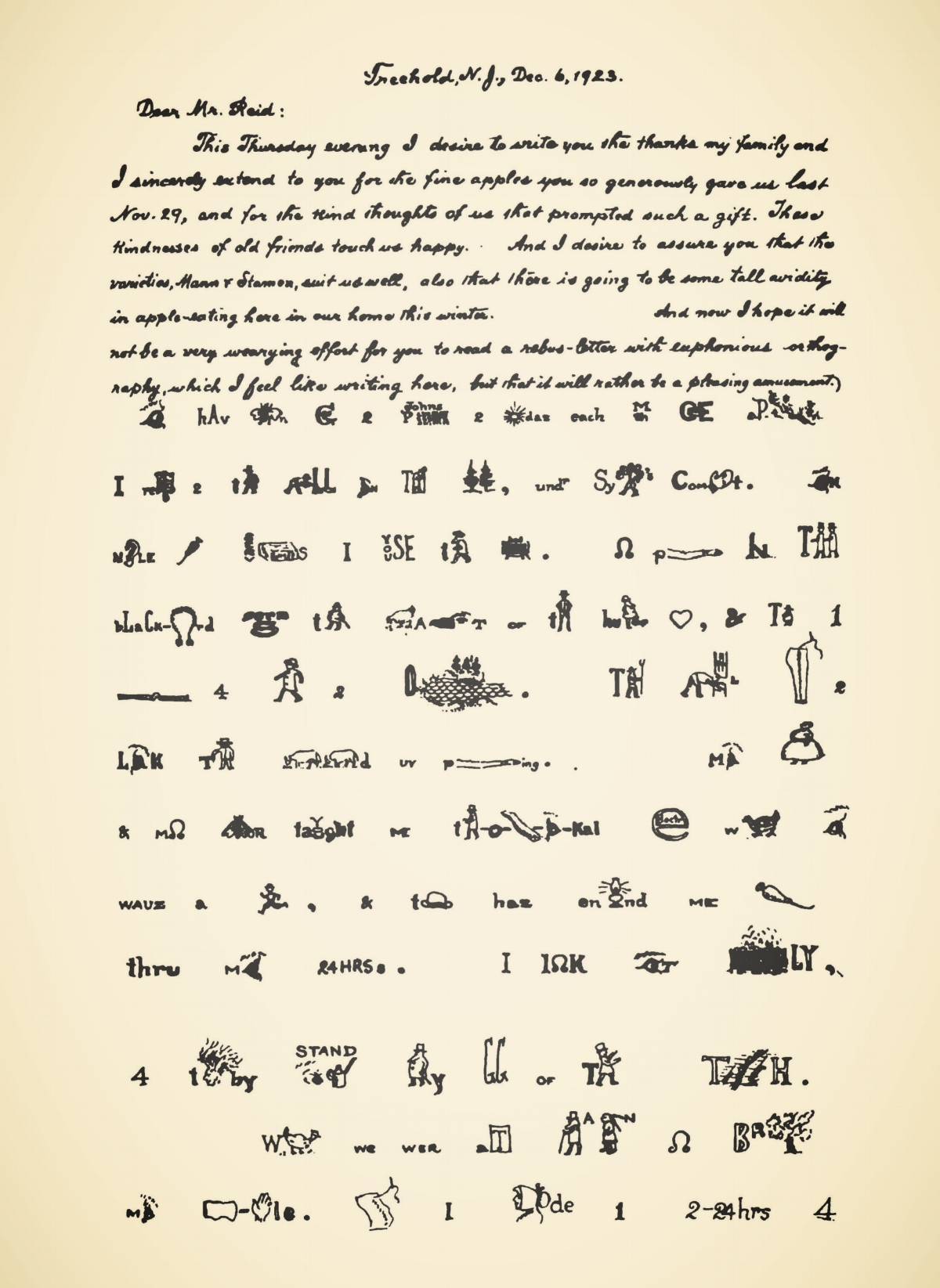Some words of wisdom from two Princeton men on how a right understanding of and faith in the Providence of God is a great comfort to us amidst the troubles and trials of our daily pilgrimage in this earth.
“A firm faith in the universal providence of God is the solution of all earthy troubles. It is almost equally true that a clear and full apprehension of the universal providence of God is the solution of most theological problems.” — B.B. Warfield, “God’s Providence Over All” in Selected Shorter Writings of Benjamin B. Warfield, Vol. 1, p. 111
*******
”Men are prone to think of God, says the excellent Melancthon, as of a shipbuilder, who, when he has completed his vessel, launches and leaves it. In opposition to this error of the Epicureans and Stoics, we are to be reminded that God never abandons his work, but is as much with it the last day as the first. This governing presence of God with all his creatures and all their actions, is called Providence, from a Latin word which means to see beforehand….
The view which we here take of Providence, regards the universe of mind and matter, not as a machine, wound up and left to run its career of centuries, without the Maker’s care, but as requiring and receiving at every moment his mighty influence, a stream of power perpetually proceeding from the Godhead. The very essence of God is, therefore, everlastingly present with every atom and every spirit. This is exactly accordant to those places in Scripture where God is spoken of as the universal cause, and is said to do those things which are done, secondarily, by creatures. Ps. 104:8, 30. And to this is referred the supporting of life in the most insignificant birds. Matt. 10:29. Enough has been said in regard to this primary acting of divine Providence, in preserving all things. How God does this it would be madness for us to inquire. The simplicity of the divine acts causes them to elude our faculties. He wills it, and that is enough; just as at the beginning he willed creation. What we chiefly need is to bear this in mind, with daily faith, awe, and thankfulness. Such is God’s preserving of the creature, as a part of Providence….
It is our privilege, not only to hope in Providence, with regard to the lesser affairs of life, but to recognize it — to see God’s hand in our daily walk, with wonder and love. ‘They that observe providences, shall have providences to observe.’ The simple faith of the patriarchs saw God’s hand in every thing that befell them; and so might we. I appeal to aged and observant Christians, whether the happiest persons they ever knew, have not been those who were most ready to eye God in all the events of life: in health and sickness, in business, and in family occurrences. Let us hope in Providence. Let us hope mightily. ‘But I will hope continually, and will yet praise thee more and more.’ Do days look dark? O remember, every cloud is governed by the God of truth and the God of power. The house in which you dwell is not without a master.” — James Waddel Alexander, “The Providence of God a Ground of Consolation” in Consolation, pp. 37, 40-41, 54-55



